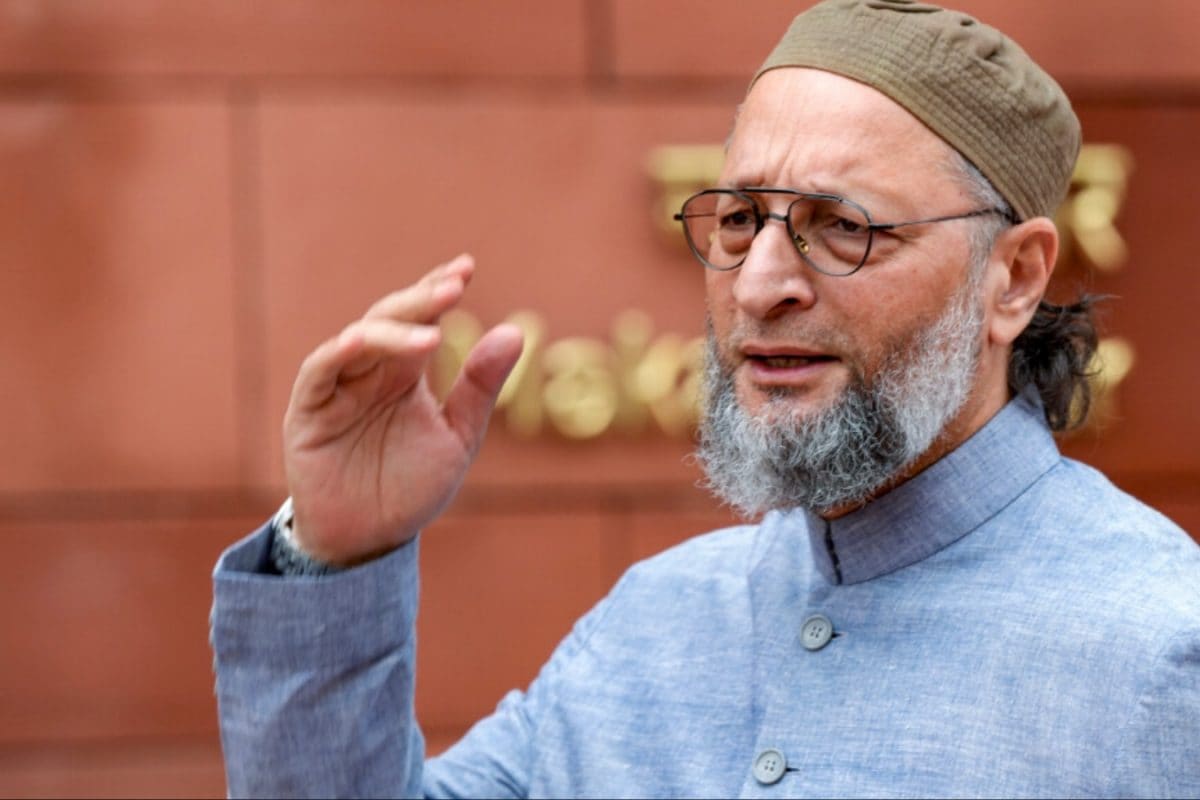

Asaduddin Owaisi, the chief of AIMIM and a Member of Parliament, has strongly criticized Pakistan's Army Chief, Asim Munir, for his recent remarks regarding the potential use of nuclear weapons against India. Owaisi characterized Munir's statements as those of a "sadakchaap aadmi" (a street-level person), expressing disappointment that such a threat was made on U.S. soil.
Munir's comments, made at a gathering in Florida, included a warning that Pakistan would "take down half the world" if faced with an existential threat in a future conflict with India. He also threatened to destroy any dams India might build on the Indus River if it blocked water flow to Pakistan, declaring, "We will wait for India to build a dam, and when it does so, we will destroy it with 10 missiles. The Indus river is not the Indians' family property. We have no shortage of missiles".
India has reacted strongly to Munir's statements, with the Ministry of External Affairs (MEA) calling them "nuclear sabre-rattling" and asserting that India would not be cowed by nuclear blackmail. The MEA also expressed regret that such comments were made on the soil of a "friendly third country," a clear reference to the United States.
Owaisi echoed this sentiment, urging the Indian government to lodge a strong protest with the U.S. and raise the issue with them forcefully. He emphasized the need for a "political response" from the Modi government, going beyond a mere statement from the MEA.
The controversy arises in the context of already heightened tensions between India and Pakistan. Relations have been strained further since India suspended the Indus Waters Treaty following the deadly Pahalgam attack in April 2025. Munir's remarks have been interpreted as an attempt to reinstate a sense of nuclear deterrence against India, which New Delhi has seemingly called Pakistan's bluff on by launching conventional attacks without escalating to nuclear warfare. Some analysts believe Munir is trying to pressure the international community to intervene and put pressure on India.
Adding fuel to the fire, Munir's U.S. visit, including a luncheon meeting with President Trump and attendance at a farewell function for the chief of the U.S. Central Command, has drawn criticism. Some observers find it "bizarre" that the American establishment is giving Munir "such special treatment".
Meanwhile, Pakistan's Foreign Office has rejected India's condemnation, accusing India of distorting facts and twisting statements out of context. They maintain that Pakistan is firmly opposed to the use or threat of force and that their nuclear capabilities are only for defense.
The situation remains fraught with tension, with potentially serious implications for regional stability. India has made it clear that it will take all necessary steps to safeguard its national security and will not succumb to nuclear threats.